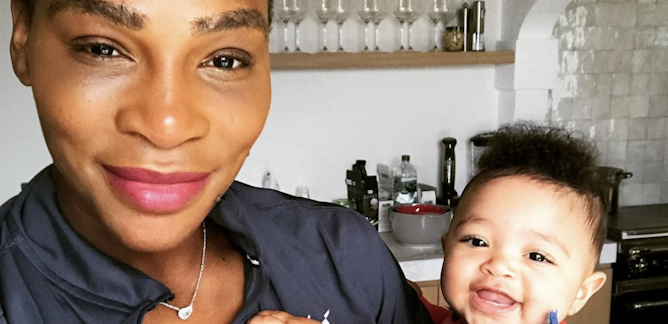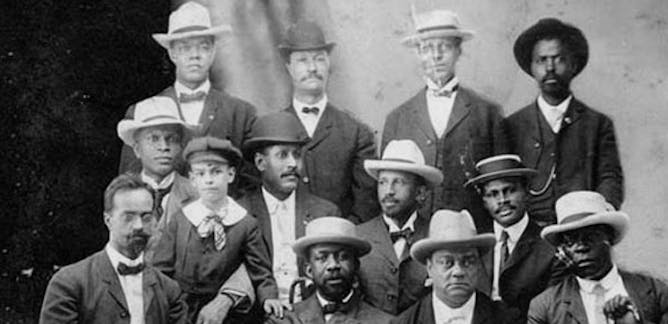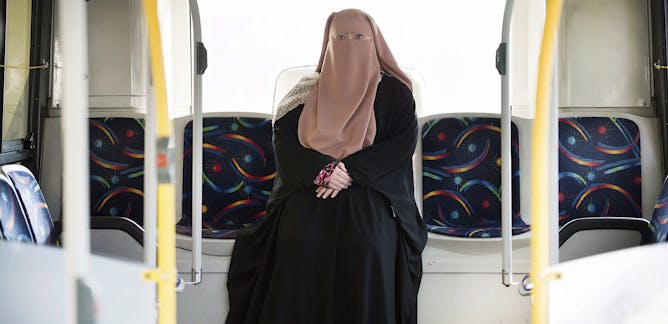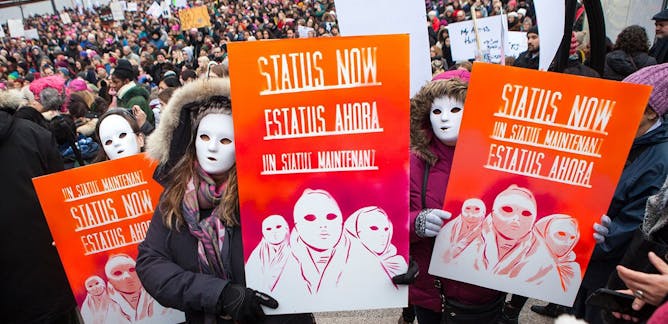|
I spent this week on the beautiful campus of the University of British Columbia attending the Congress of the Humanities and Social Sciences, an annual conference that attracted more than 10,000 academics.
The Conversation Canada attends Congress for a variety of reasons: to promote our unique brand of journalism, to recruit new authors and to attend presentations where important ideas and research are being discussed. We also made our own presentations. My colleague Vinita Srivastava, our Culture/Society/Critical Race Editor, chaired a workshop that featured four authors who have written for us during our first two years.Those panelists were Yasmin Jiwani of Concordia University, Yue Qian of the University of British Columbia, Warren Clarke of Carleton University and Roberta Timothy of York University.
The panelists talked about their experience in writing for a non-academic audience and how it allowed them to reach people who wouldn’t normally have an opportunity to access academic research. But beyond that, they spoke about how The Conversation Canada provides a platform for diverse opinions – something traditional media doesn’t always welcome. It made me proud to hear them talk about the impact of our publication – and especially how Vinita has been a supportive and encouraging editor.
Our audience benefits from their knowledge, so for your weekend reading pleasure, I thought we should reprise articles written by Yasmin, Yue, Warren and Roberta. Please enjoy.
Have a great weekend and we'll be back in your Inbox on Monday.
|
From our panelists
|

Yue Qian, University of British Columbia
South Korea is facing a low fertility trend. Valentine's Day serves as a reminder to help ease the domestic burden on young women so they can consider partnerships again.
| |

Yue Qian, University of British Columbia
The old myth that it's impossible for educated women over 40 to get married still lingers. Actually, educated women are doing OK in the U.S. In China, however, the story changes.
|

Roberta K. Timothy, York University, Canada
Racism affects us emotionally and physically. Prof. Roberta K. Timothy offers eight ways to strategically empower and care for oneself when dealing with everyday racism.
| |

Roberta K. Timothy, York University, Canada
As we celebrate moms this Mother’s Day, let's remember that maternal health is a right that many do not enjoy.
|

Warren Clarke, Carleton University; Nadine Powell, Carleton University
Barbershop Talks use the idea of the "barbershop around the corner" as a place to meet and discuss ideas and create a safe space for Black men and boys to talk openly about masculinity.
| |

Warren Clarke, Carleton University; Nadine Powell, Carleton University
The first NAACP meeting was held in Canada but there is no mention of Black Canadians in the books. This historical absence is a symbol of the invisibility of anti-Black racism in Canada.
|

Yasmin Jiwani, Concordia University
Bill 62, a bill passed last week banning the wearing of Niqab in Québec for those seeking access to public services, is widely seen as an attack on Muslim women. Why is it even necessary?
| |

Yasmin Jiwani, Concordia University
What kind of a country is Canada? One which truly welcomes and respects immigrants and their lives and safety? Or one which just says it does but brutally detains and deports them?
|
|
|